-
Reagents
- Flow Cytometry Reagents
-
Western Blotting and Molecular Reagents
- Immunoassay Reagents
-
Single-Cell Multiomics Reagents
- BD® OMICS-Guard Sample Preservation Buffer
- BD® AbSeq Assay
- BD® Single-Cell Multiplexing Kit
- BD Rhapsody™ ATAC-Seq Assays
- BD Rhapsody™ Whole Transcriptome Analysis (WTA) Amplification Kit
- BD Rhapsody™ TCR/BCR Next Multiomic Assays
- BD Rhapsody™ Targeted mRNA Kits
- BD Rhapsody™ Accessory Kits
- BD® OMICS-One Protein Panels
-
Functional Assays
-
Microscopy and Imaging Reagents
-
Cell Preparation and Separation Reagents
-
- BD® OMICS-Guard Sample Preservation Buffer
- BD® AbSeq Assay
- BD® Single-Cell Multiplexing Kit
- BD Rhapsody™ ATAC-Seq Assays
- BD Rhapsody™ Whole Transcriptome Analysis (WTA) Amplification Kit
- BD Rhapsody™ TCR/BCR Next Multiomic Assays
- BD Rhapsody™ Targeted mRNA Kits
- BD Rhapsody™ Accessory Kits
- BD® OMICS-One Protein Panels
- Switzerland (English)
-
Change country/language
Old Browser
This page has been recently translated and is available in French now.
Looks like you're visiting us from United States.
Would you like to stay on the current country site or be switched to your country?
BD Pharmingen™ Purified Mouse Anti-SREBP-1
Clone IgG-2A4 (RUO)


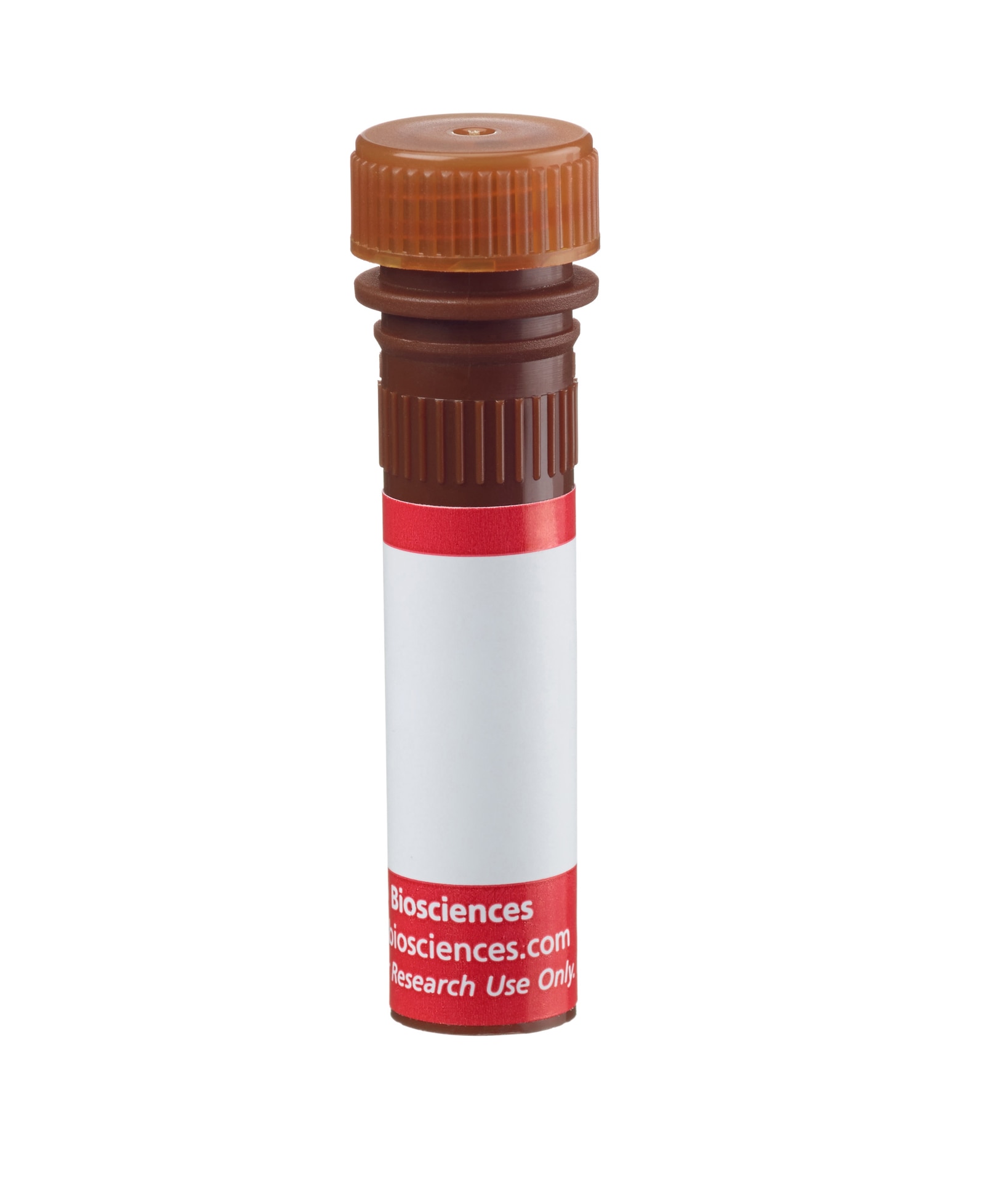


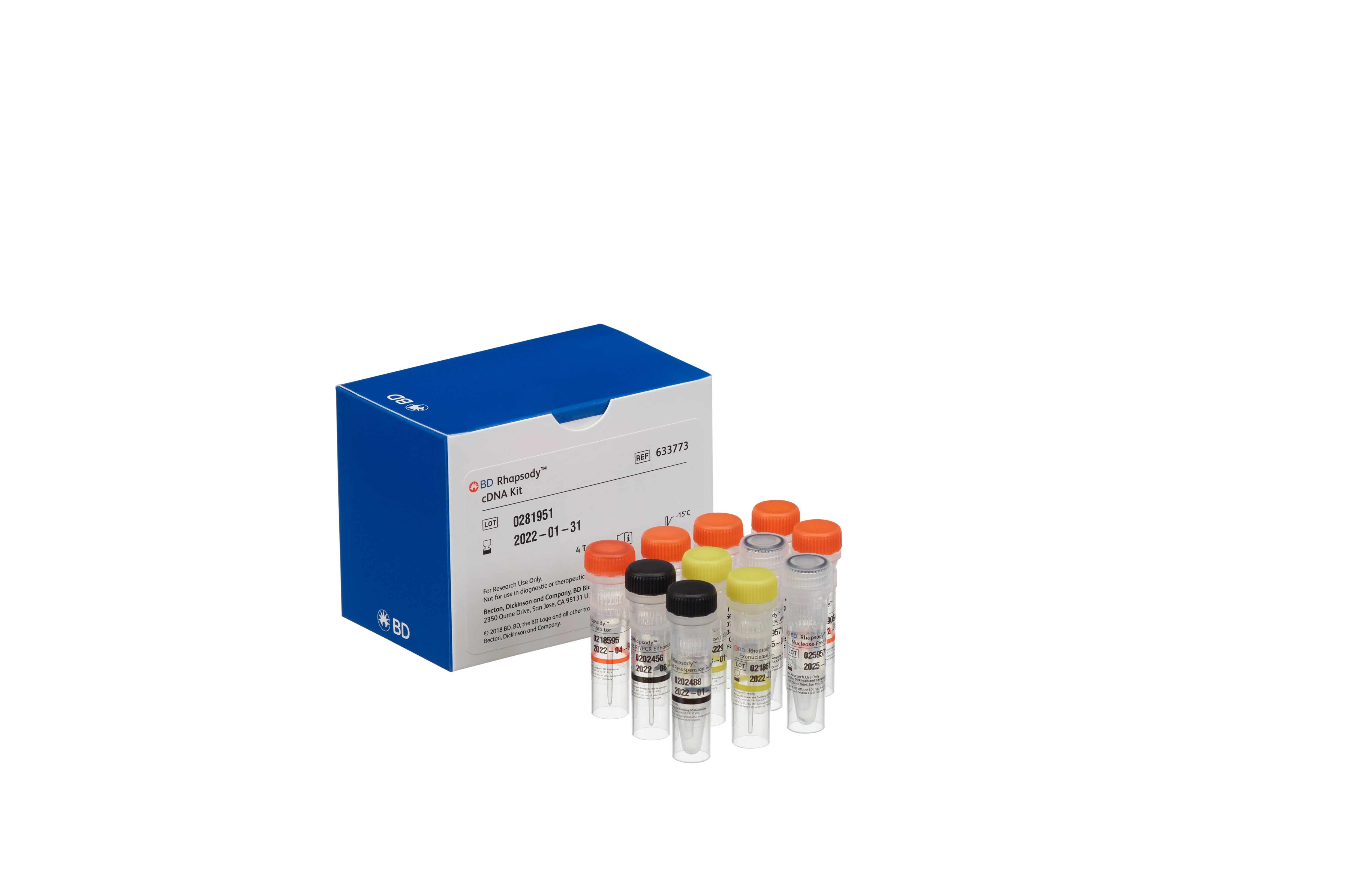
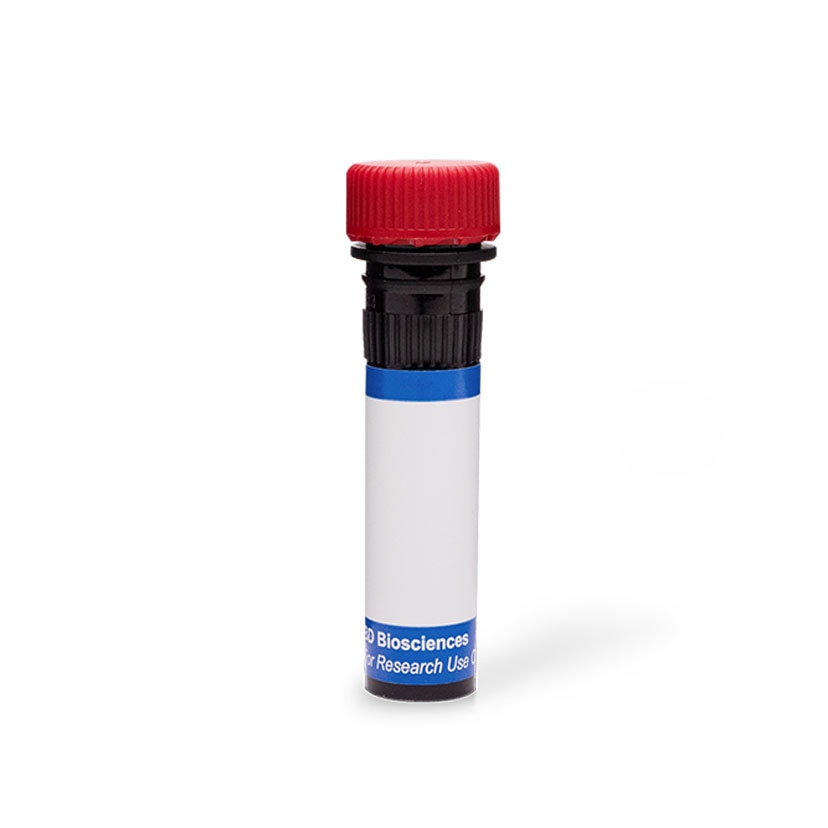
.png)
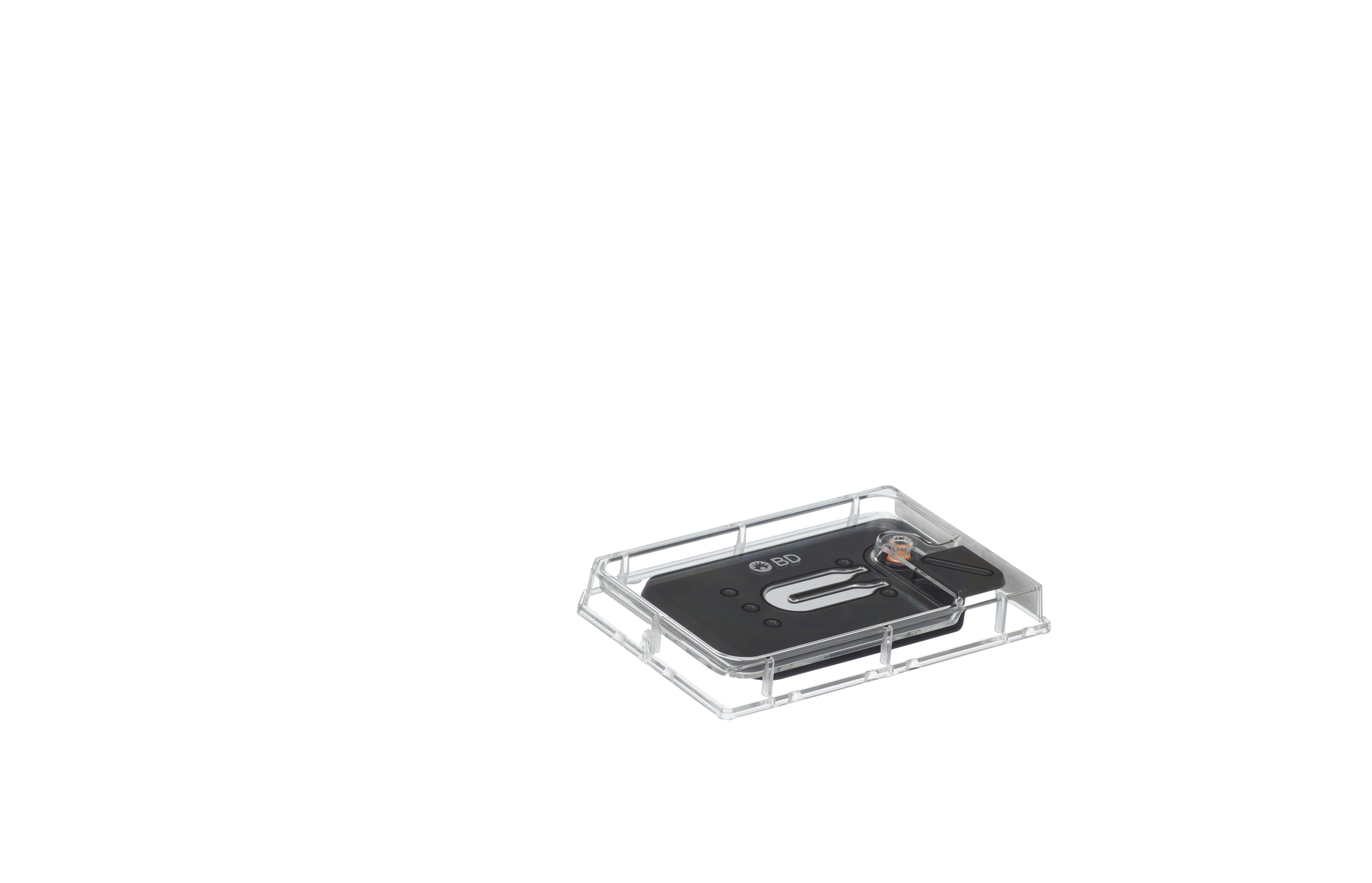
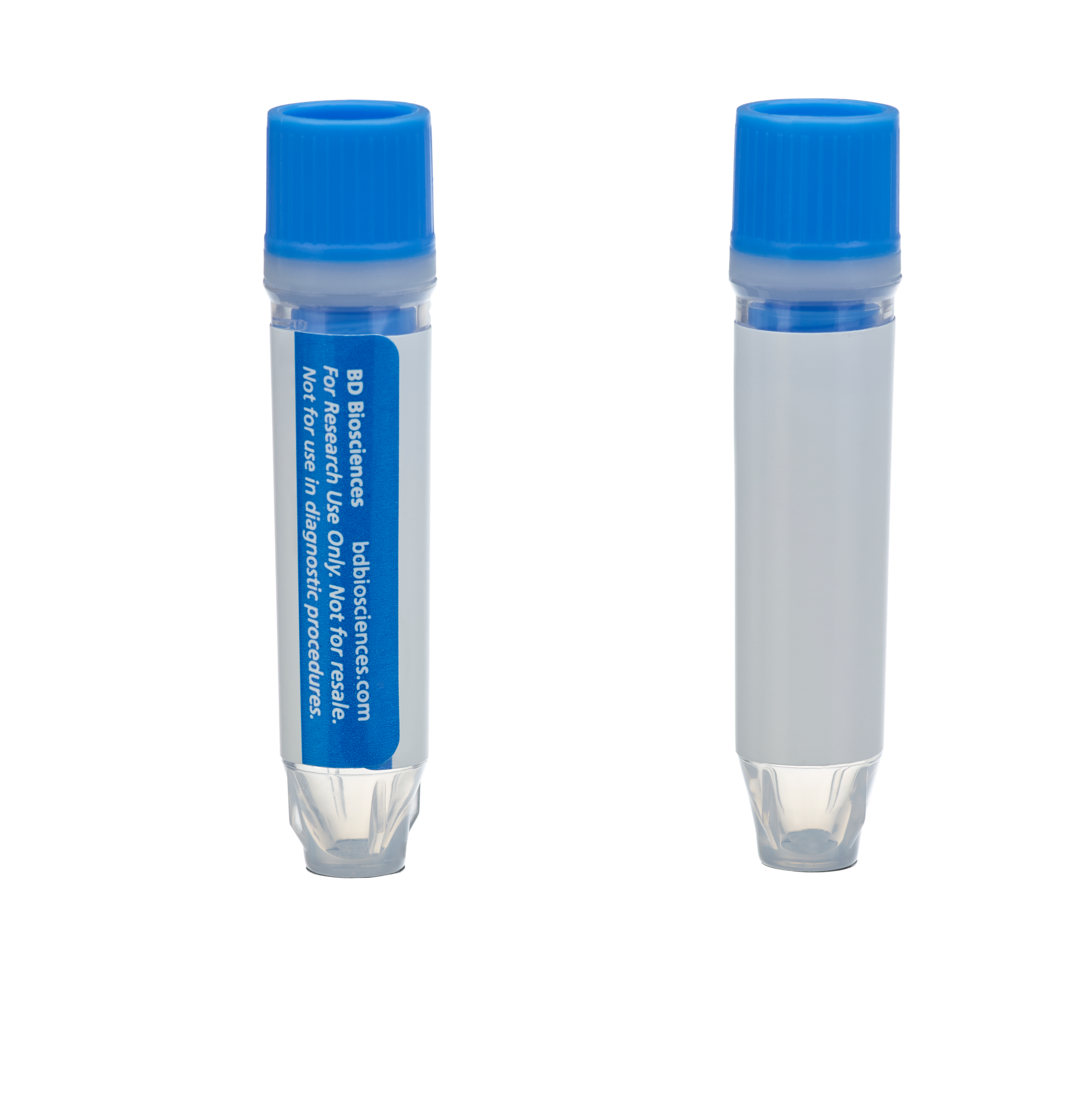
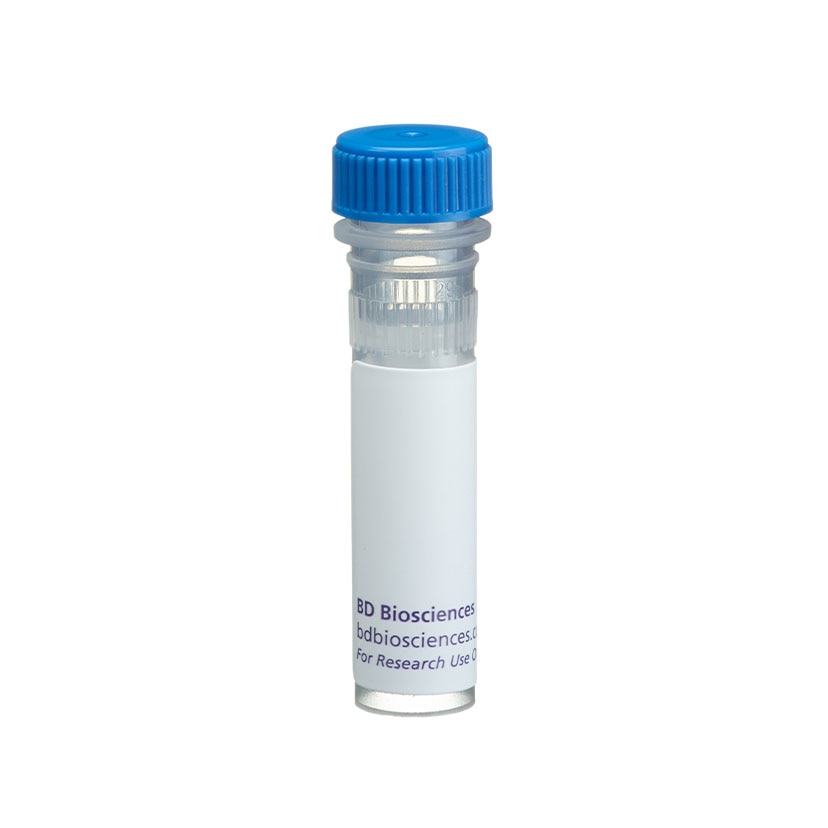
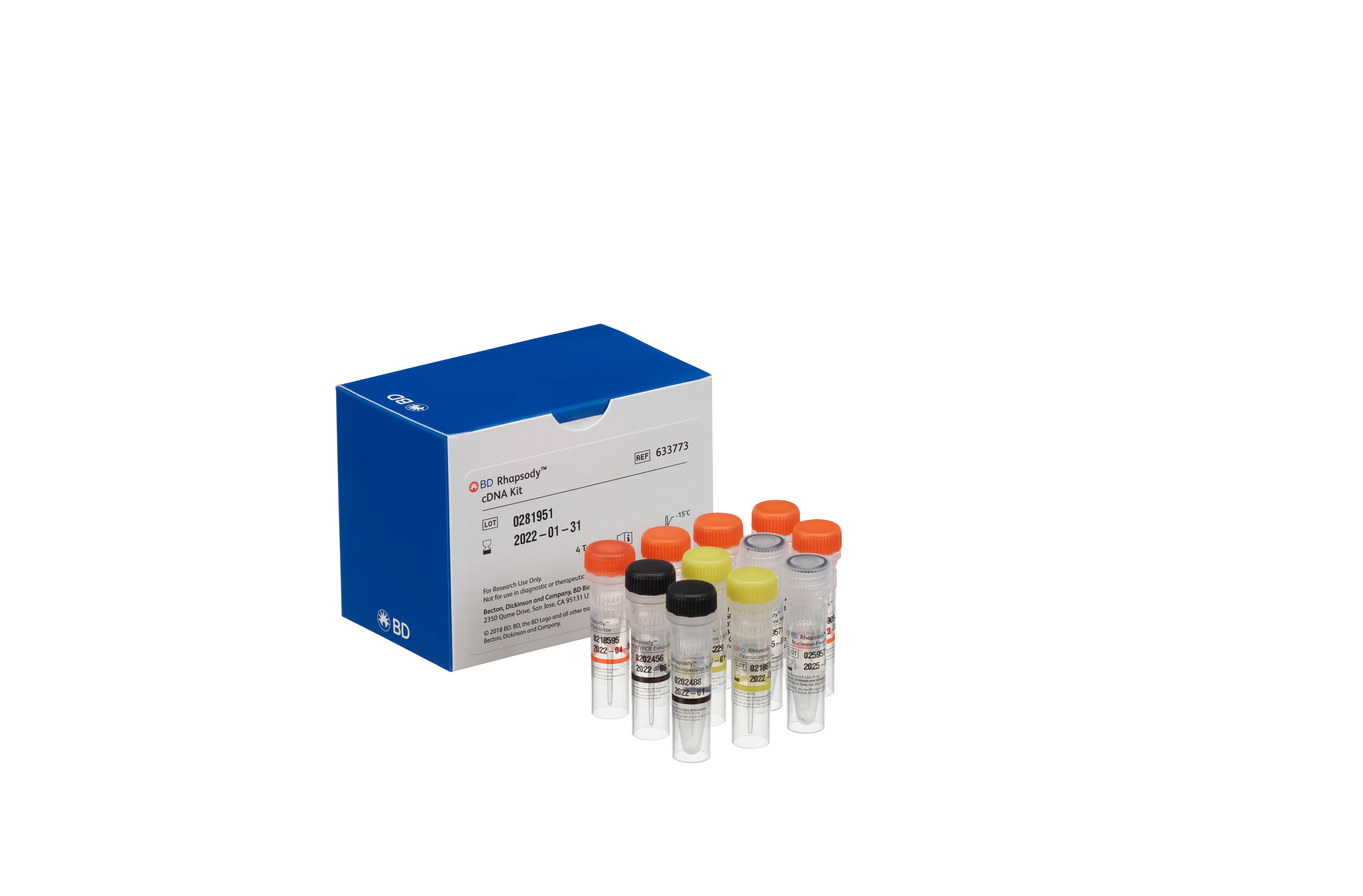

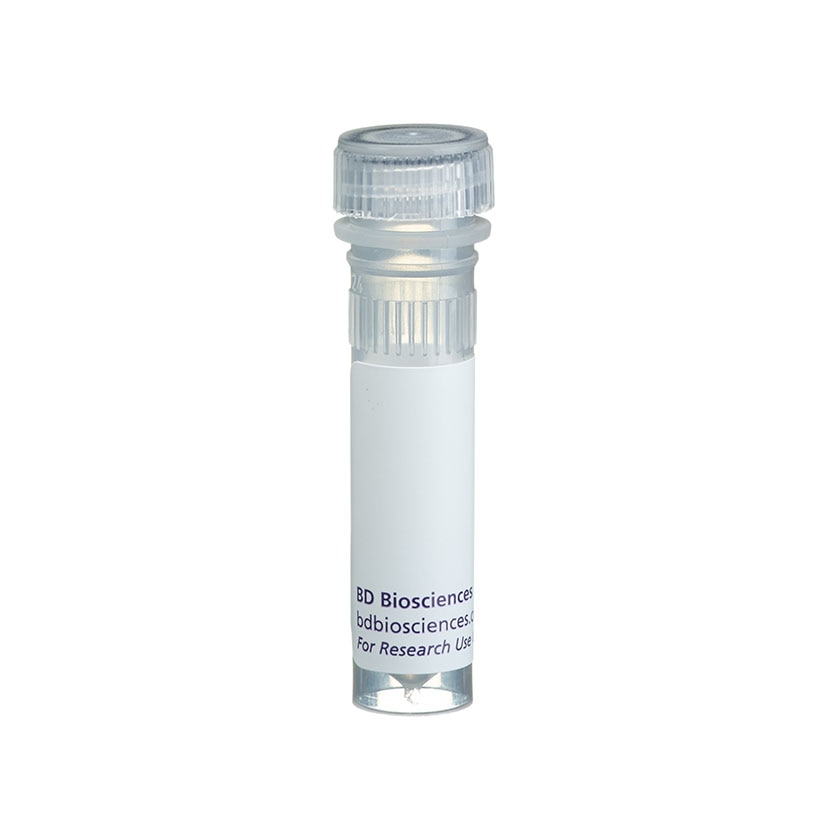
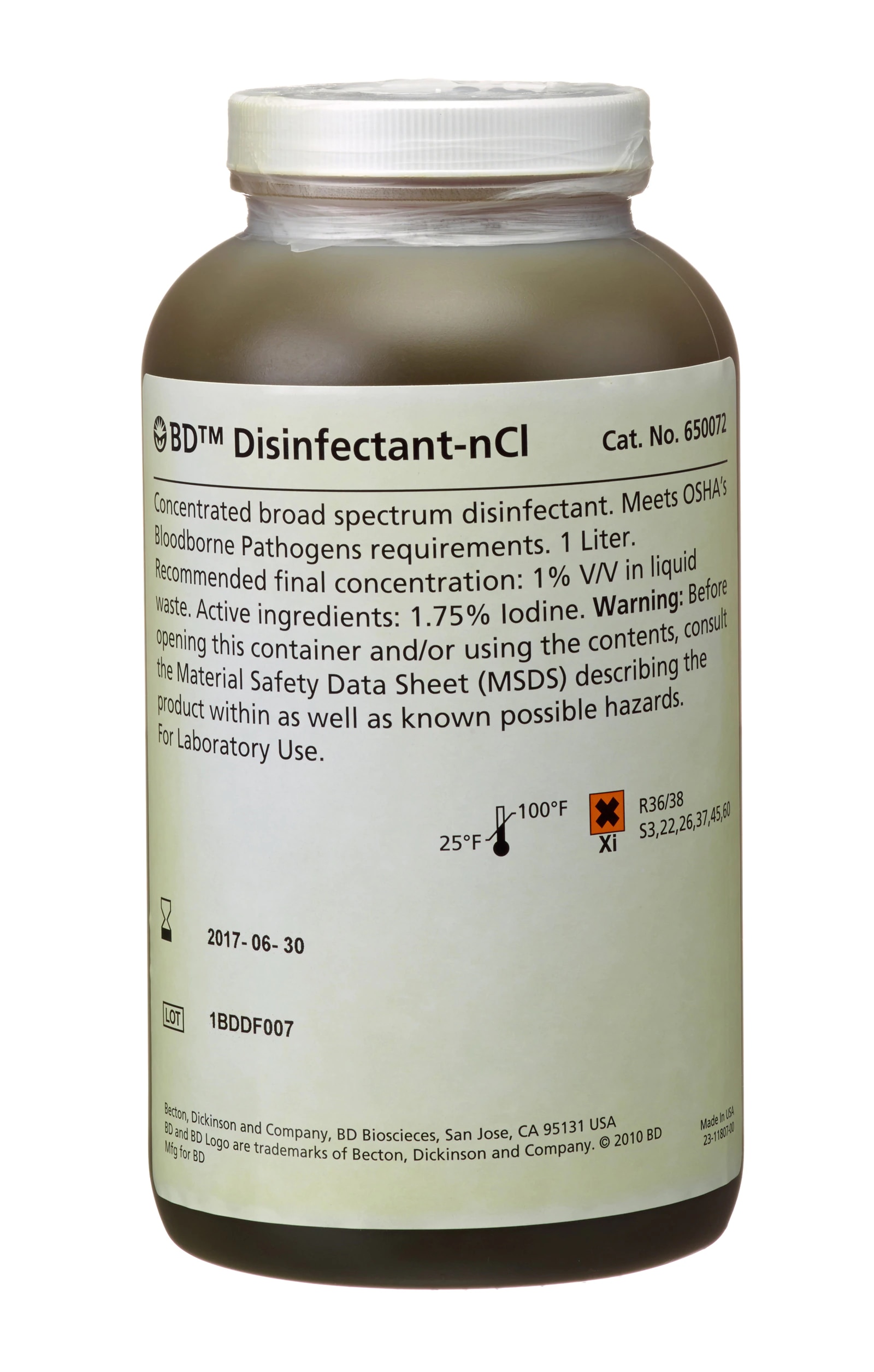
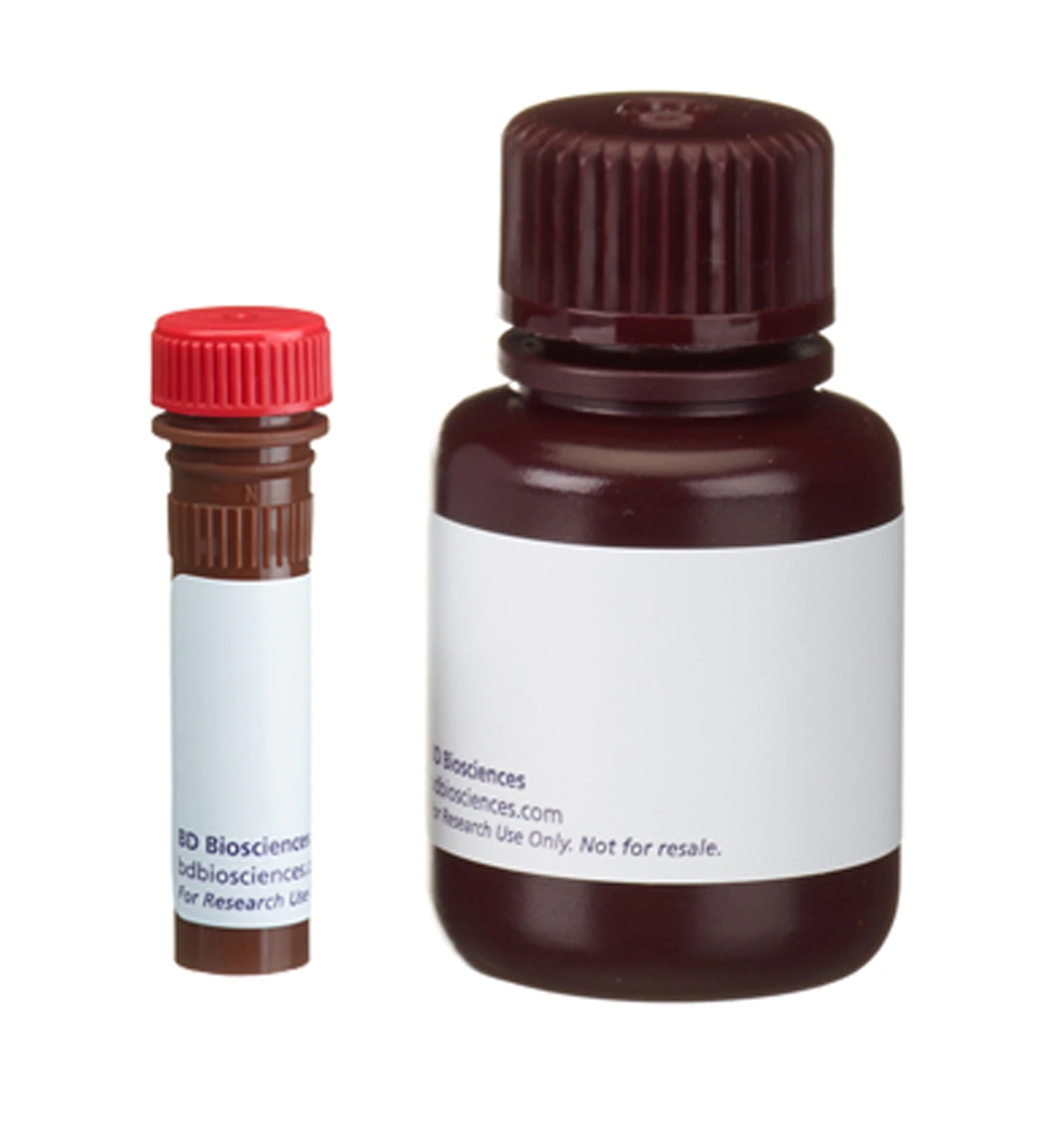
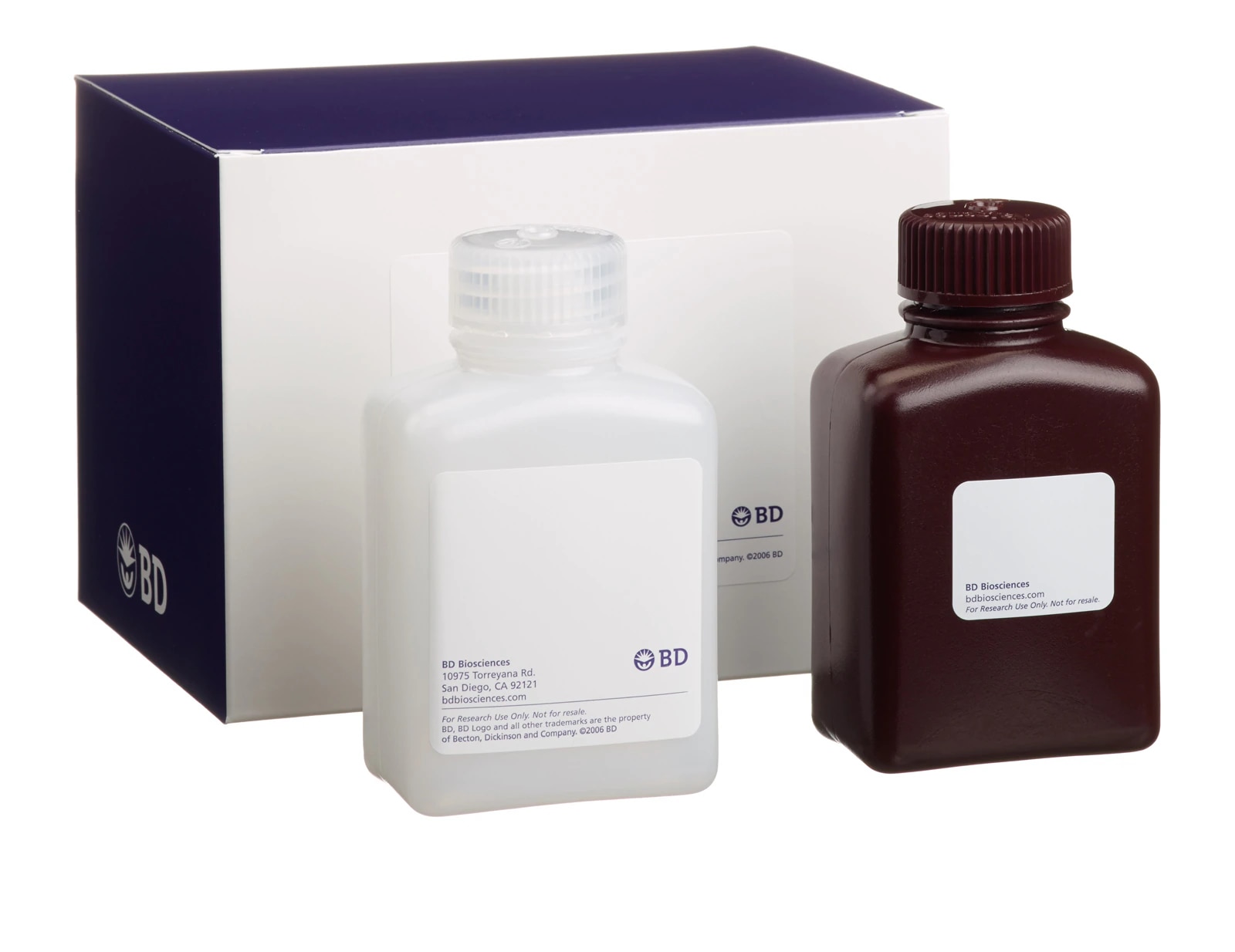
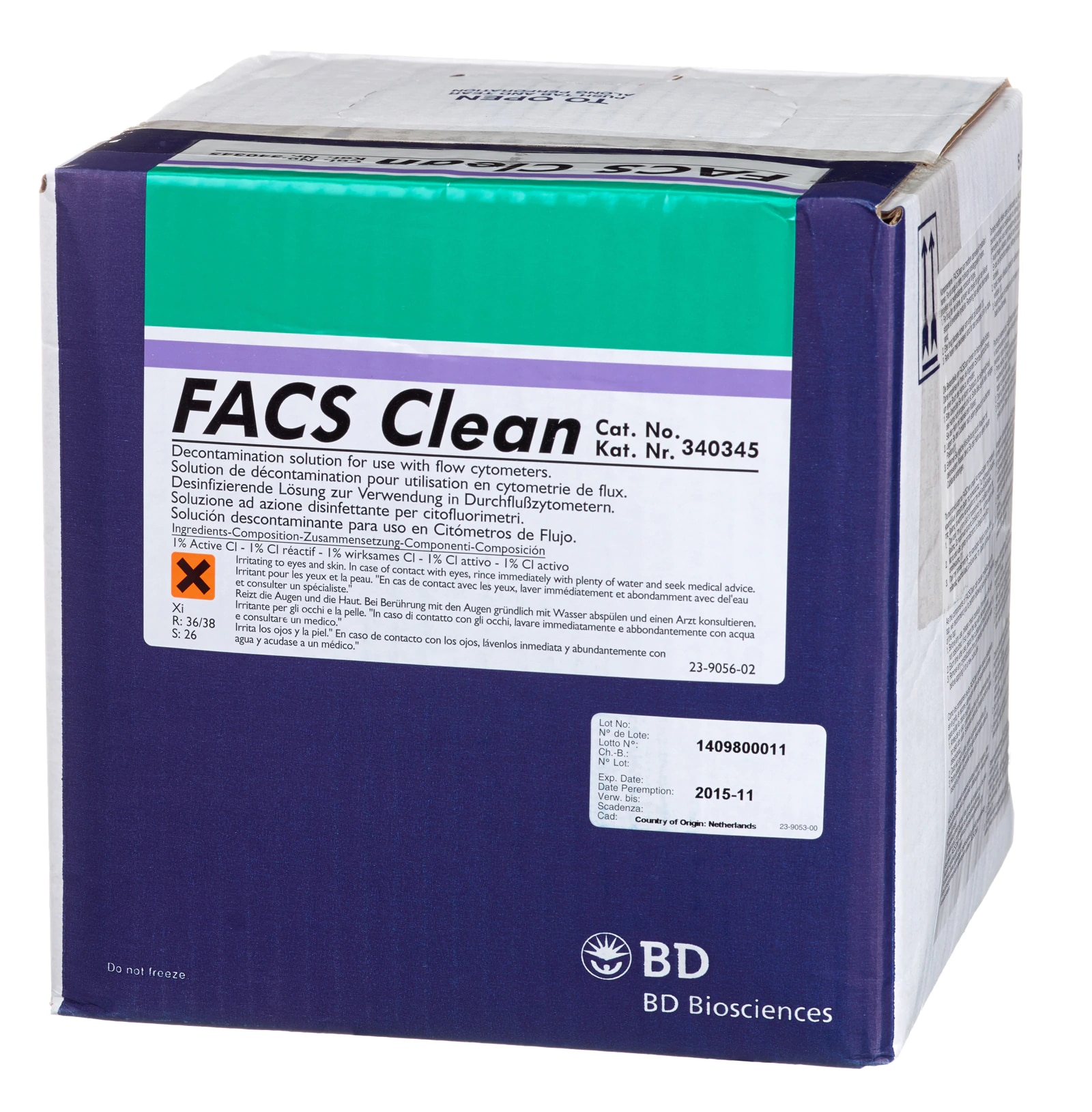
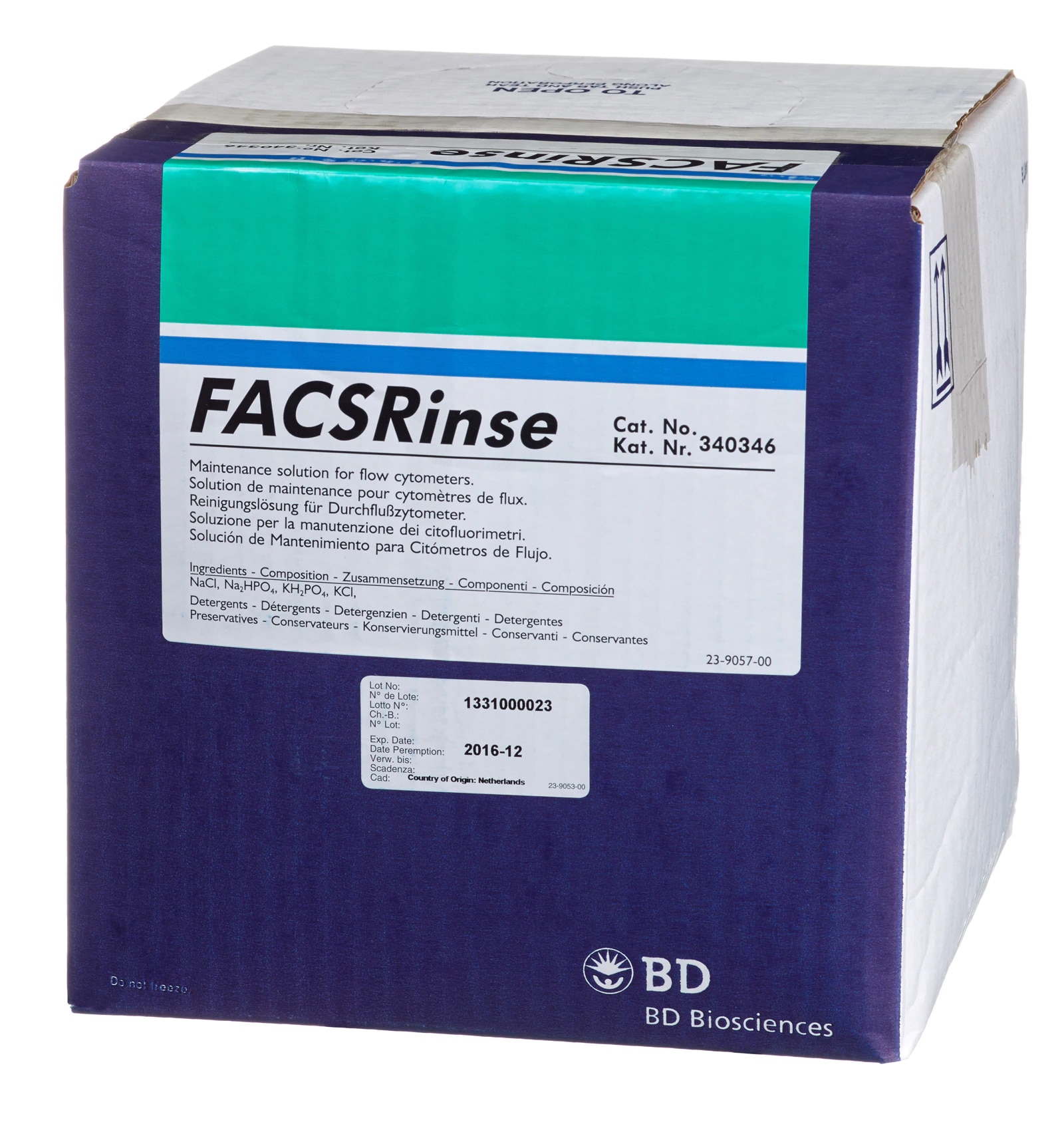
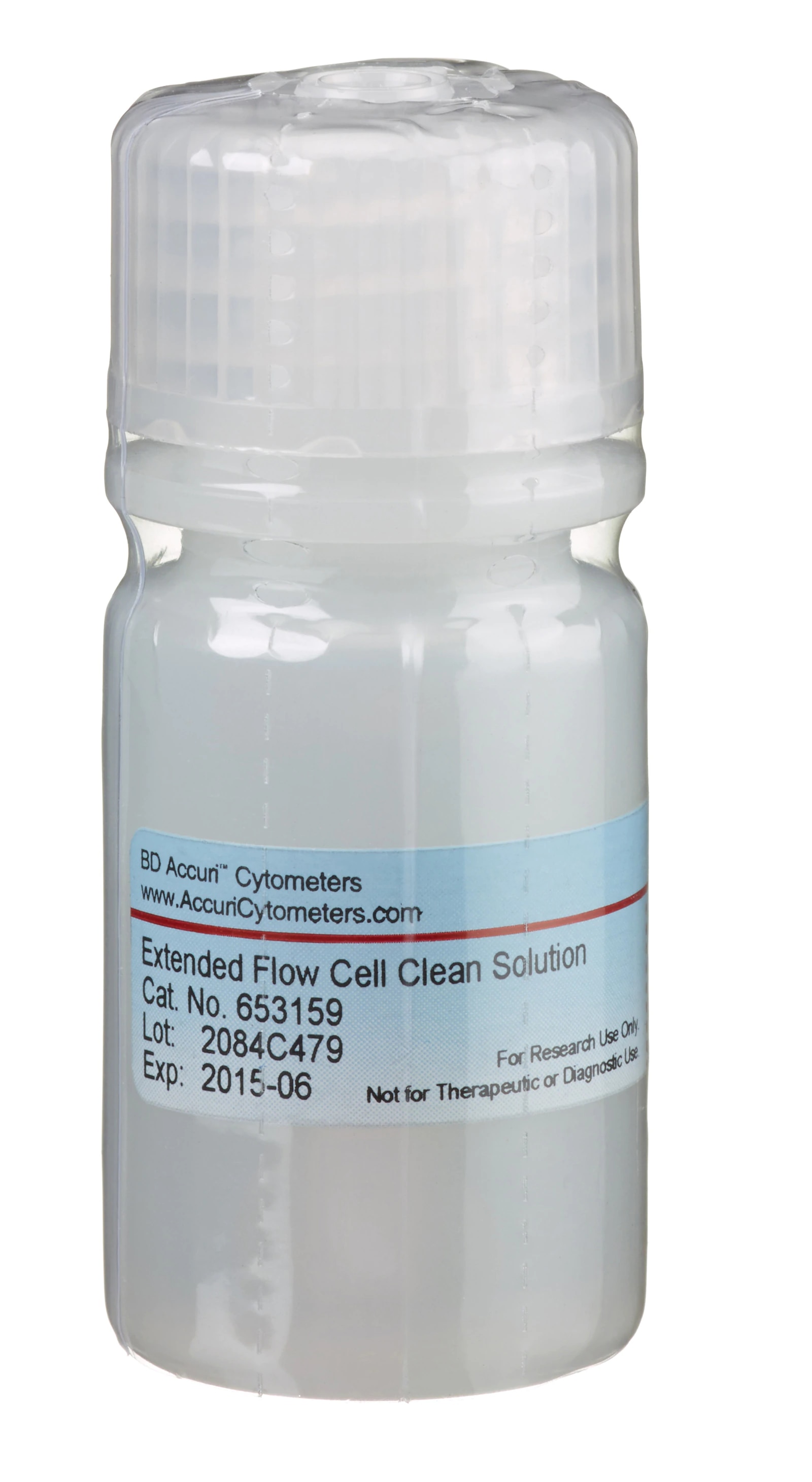







.png)



















.png)












Regulatory Status Legend
Any use of products other than the permitted use without the express written authorization of Becton, Dickinson and Company is strictly prohibited.
Preparation And Storage
Recommended Assay Procedures
The IgG-2A4 antibody may be used for western blot analysis (0.5 to 1 µg/ml) and immunoprecipitation (2 µg/ml). U-937 human histiocytic lymphoma cells (ATCC CRL-1593) or HeLa human cervical carcinoma cells (ATCC CCL-2) are recommended as positive controls for these applications.
Product Notices
- Since applications vary, each investigator should titrate the reagent to obtain optimal results.
- Please refer to www.bdbiosciences.com/us/s/resources for technical protocols.
- Caution: Sodium azide yields highly toxic hydrazoic acid under acidic conditions. Dilute azide compounds in running water before discarding to avoid accumulation of potentially explosive deposits in plumbing.
SREBP-1 and -2 (sterol-regulatory element binding proteins-1 and -2) are transcription factors which participate in the control of cholesterol homeostasis. SREBPs proteins, which are attached to the endoplasmic reticulum and nuclear envelope, are proteolytically cleaved and thus activated in response to conditions of low cellular sterol. Upon activation of SREBP-1 or -2, an ~480-500 amino acid, N-terminal cleavage fragment of these proteins enters the nucleus and activates transcription of enzymes and other proteins required for cholesterol synthesis. Proteases which cleave SREBPs have been identified and include SCA (SREBP-cleavage activity), as well as a key regulator of apoptotic pathways, caspase-3. SREBP proteins containing point mutations at caspase-3 cleavage sites (Asp460 in SREBP-1 and Asp468 in SREBP-2) do not become cleaved following induction of apoptosis, suggesting that SREBPs may play some role in apoptotic processes. However, sterol-regulated vs. apoptosis-associated cleavage of SREBP proteins appears to be independantly regulated. On SDS-PAGE, sterol-regulated cleavage fragments of SREBP proteins migrate more slowly (i.e., higher molecular weight) than do staurosporin-induced fragments. In addition, staurosporin-induced SREBP cleavage products may appear as a doublet, with the upper band representing a phosphorylated form of SREBP. On SDS-PAGE, full length, precursor forms of SREBP-1 and -2 migrate at ~125 kDa, while proteolytic cleavage fragments may be observed as a cluster of bands between 60 - 70 kDa. The IgG-2A4 antibody recognizes human and hamster SREBP-1. The antibody recognizes the N-terminal (basic helix-loop-helix) domain of human SREBP-1. A fusion protein containing N-terminal amino acids 301-407 (the bHLH/leucine zipper domain), was used as immunogen. The antibody recognizes both the 125 kDa precursor and 60-70 kDa mature, cleaved forms of SREBP-1.
Development References (4)
-
Sakai J, Nohturfft A, Cheng D, Ho YK, Brown MS, Goldstein JL. Identification of complexes between the COOH-terminal domains of sterol regulatory element-binding proteins (SREBPs) and SREBP cleavage-activating protein. J Biol Chem. 1997; 272(32):20213-20221. (Clone-specific: Western blot). View Reference
-
Sato R, Yang J, Wang X, et al. Assignment of the membrane attachment, DNA binding, and transcriptional activation domains of sterol regulatory element-binding protein-1 (SREBP-1). J Biol Chem. 1994; 269(25):17267-17273. (Immunogen). View Reference
-
Wang X, Pai JT, Wiedenfeld EA, et al. Purification of an interleukin-1 beta converting enzyme-related cysteine protease that cleaves sterol regulatory element-binding proteins between the leucine zipper and transmembrane domains. J Biol Chem. 1995; 270(30):18044-18050. (Biology). View Reference
-
Wang X, Zelenski NG, Yang J, Sakai J, Brown MS, Goldstein JL. Cleavage of sterol regulatory element binding proteins (SREBPs) by CPP32 during apoptosis. EMBO J. 1996; 15(5):1012-1020. (Clone-specific: Western blot). View Reference
Please refer to Support Documents for Quality Certificates
Global - Refer to manufacturer's instructions for use and related User Manuals and Technical data sheets before using this products as described
Comparisons, where applicable, are made against older BD Technology, manual methods or are general performance claims. Comparisons are not made against non-BD technologies, unless otherwise noted.
For Research Use Only. Not for use in diagnostic or therapeutic procedures.